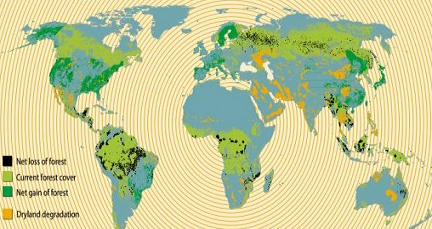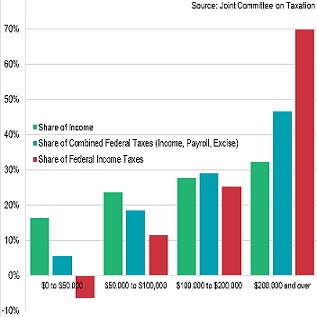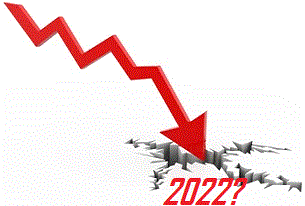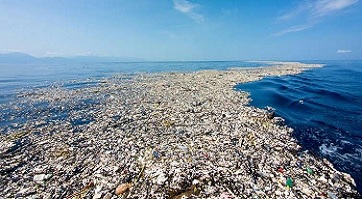
Se ha producido un momento histórico para los bosques, ya que más de 100 líderes mundiales de países que tienen el 87% de los bosques del planeta se comprometieron a financiar programas por valor de 19.000 millones de dólares para detener la deforestación en una Declaración publicada en inglés titulada "Glasgow Leader's Declaration on Forest and Land Use".
La Cumbre Mundial de Líderes en la Conference of the Parties 26 (COP26) anunció su primer gran acuerdo, donde 105 países que cubren el 87% de los bosques del mundo se han comprometido a actuar para reducir y revertir la deforestación.
El compromiso subraya una creciente conciencia del papel de la naturaleza en la lucha contra la crisis climática, algo que Gran Bretaña ha tratado de destacar en esta Cumbre climática. Los bosques intactos y las turberas son depósitos naturales de carbono, manteniéndolo sellado lejos de la atmósfera, donde como dióxido de carbono acelera el calentamiento atrapando el calor del sol. Pero cuando estas áreas se talan, se queman o se drenan, los ecosistemas pasan a liberar gases de efecto invernadero.
Un financiamiento de US $12 mil millones de 12 países donantes durante un período de cuatro años entre 2021 y 2025 se destinará a apoyar a los países en desarrollo, combatir los incendios forestales, restaurar las tierras degradadas y promover los derechos de los pueblos indígenas y las comunidades locales.
- Hits: 3917
 studying the French system that universal coverage can thus be achieved without excluding private insurers from the supplementary insurance market.
studying the French system that universal coverage can thus be achieved without excluding private insurers from the supplementary insurance market. viven.
viven. When there is a stock market crash signaling a recession, stagflation, or severe depression, what we are experiencing is a sudden and very large drop in the value of stocks in the markets, causing a hasty sale of stocks and other securities by investors and some institutions. When the underlying value of the companies that issue the shares suddenly collapses, their price also falls proportionally and the resulting situation is the loss of much of the money that people invested and, in extreme cases, as in the Great Depression of last century, the loss of all your invested capital.
When there is a stock market crash signaling a recession, stagflation, or severe depression, what we are experiencing is a sudden and very large drop in the value of stocks in the markets, causing a hasty sale of stocks and other securities by investors and some institutions. When the underlying value of the companies that issue the shares suddenly collapses, their price also falls proportionally and the resulting situation is the loss of much of the money that people invested and, in extreme cases, as in the Great Depression of last century, the loss of all your invested capital. them, we drink them and we breathe them.
them, we drink them and we breathe them.